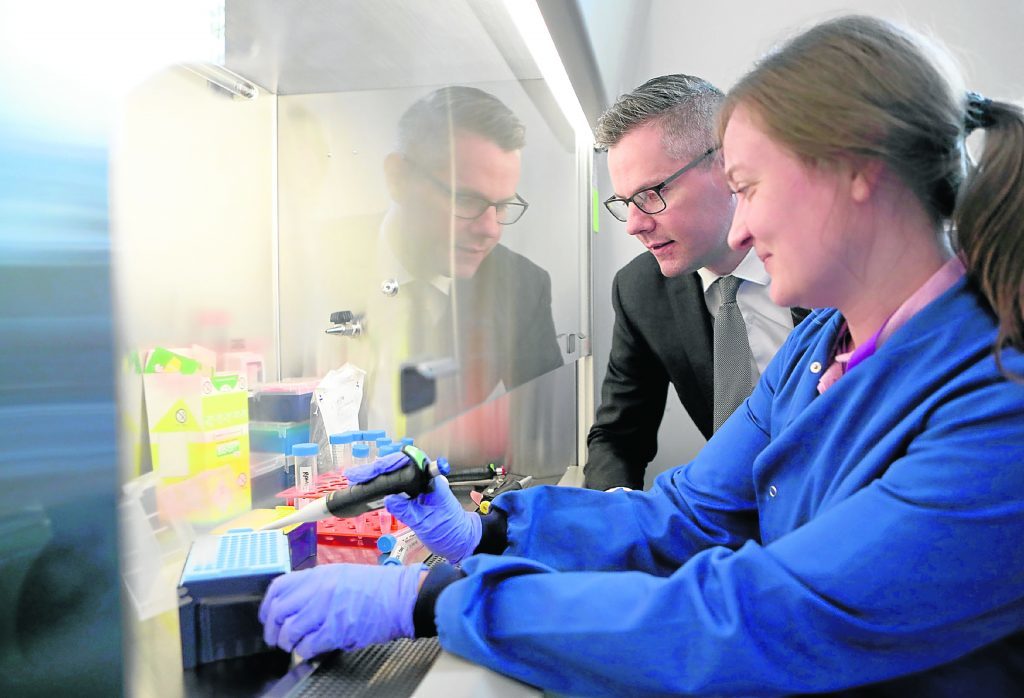
Scotland’s deficit has been cut to £13.3billion over the past year.
Much is due to positive developments in the oil sector.
Oil receipts rose for the first time since 2011, growing from £56million in 2015-16 to £208million in 2016-17, according to the latest Government Expenditure and Revenue Scotland (Gers) figures.
The higher revenue meant Scotland’s deficit was cut from 9.5% of GDP last year to 8.3%, while the UK deficit now stands at 2.4% of GDP at £46.2billion.
First Minister Nicola Sturgeon welcomed the improvement, although she acknowledged more must be done.
She said: “Most countries would aspire to have a deficit of 3% or below and that is what most countries would describe as sustainable.
“Our economy has been disproportionately affected by the decline in the oil price, but this data shows the oil sector has turned a corner and is on the path to recovery.
“These latest figures, alongside other data sources we have, are painting a picture of an improving economy with the fastest rate of growth since records began.”
However, Scottish Secretary David Mundell highlighted how Scotland’s deficit was lagging behind the UK.
He added: “These figures from the Scottish Government are a cause for concern, and show clearly there is still much to be done to improve Scotland’s economy.
“They also highlight the value of pooling and sharing resources around the UK. Being part of a strong UK has protected our living standards, and that’s one reason the people of Scotland clearly rejected Nicola Sturgeon’s plan for a second independence referendum at the election.
“Scotland’s deficit is falling at a slower rate than the UK as a whole and economic growth is lagging behind.”
Scottish Conservative shadow finance secretary Murdo Fraser pointed to what he called a “union dividend” being the highest since Gers records were started in 1998.
The Gers shows a gap between public spending and tax raised in Scotland of £1,750 per head last year, compared to the whole of the UK.
Public spending per person in Scotland was higher than the UK, at £13,175 compared with £11,739 – a difference of £1,437.
Mr Fraser said: “Today’s figures confirm the facts – Scotland is better off as part of the United Kingdom.
“The truth is that when times are tough, we can rely on the weight of the whole UK to ensure schools, hospitals and public services remain decently funded.”
Recommended for you
